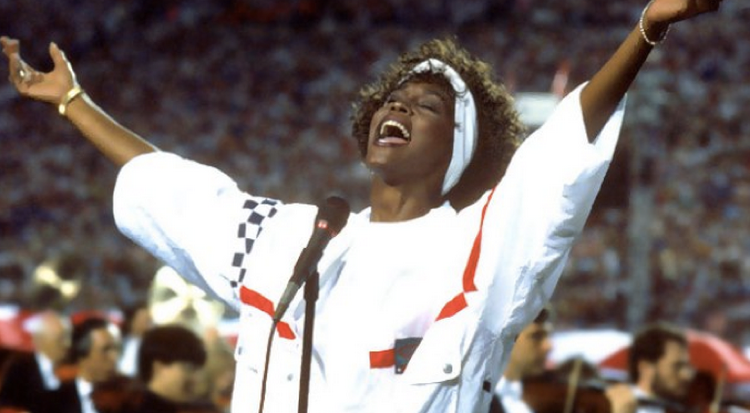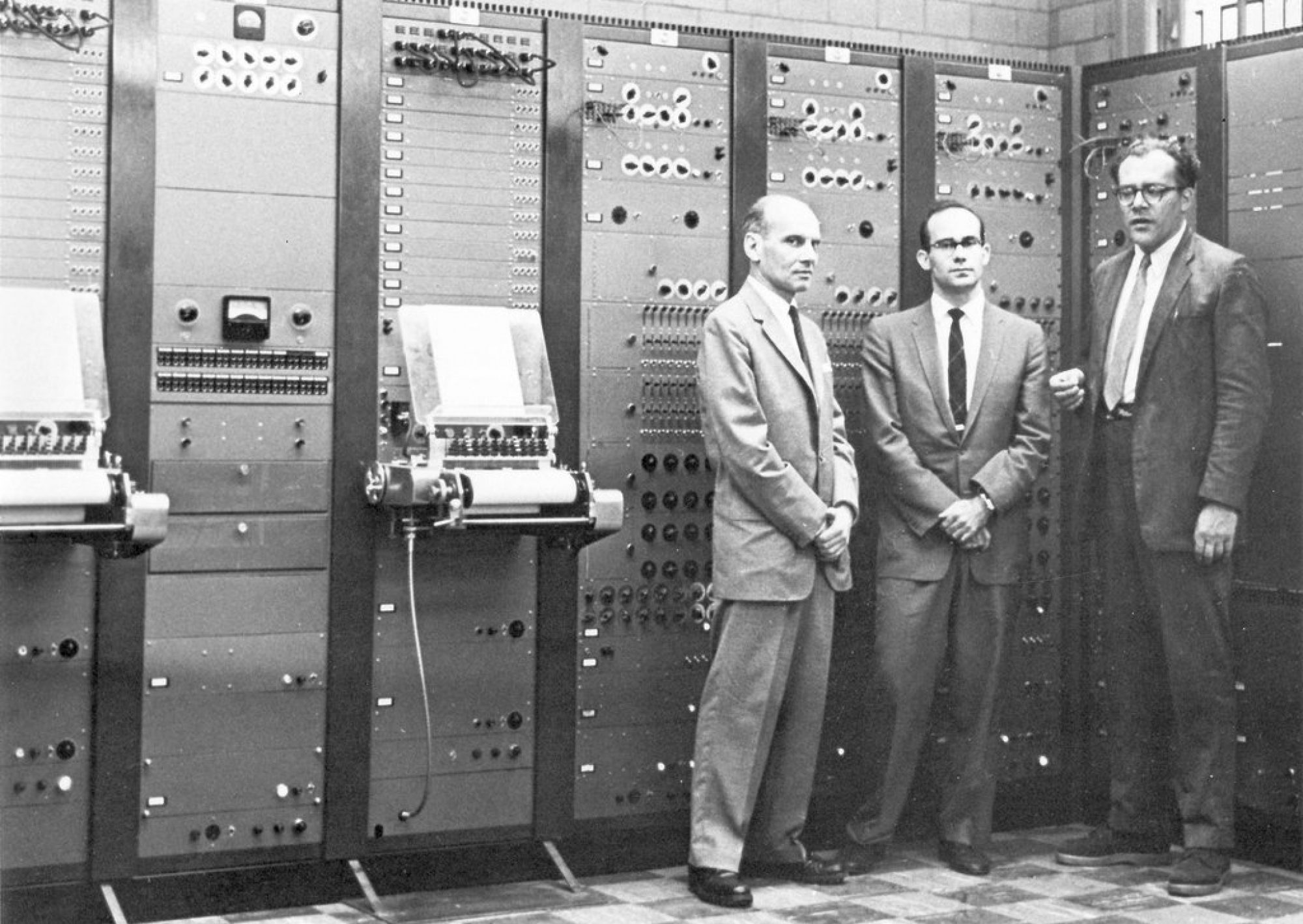The American National Anthem is one song that all Americans can come together dismiss conflicts or political differences, and sing as one community. Certain topics like religion, race, or culture, have caused tension between one another and created this boundary between people. The National Anthem is a powerful statement that can erase those tensions. However in certain cases like Jose Feliciano’s 1968 performance of the National Anthem or Colin Kaepernick kneeling during the anthem, these events caused a political outbreak whether it was intentionally or taken the complete opposite way.
The “Star-Spangled Banner” is played before every American sporting event whether it be football, basketball, or baseball and is usually performed by a well known artist. Jimi Hendrix, Harry Connick Jr, or Jennifer Hudson are a few of the many famous artists that have sang the National Anthem.

In today’s era of National Anthems, originality and displaying one’s artistry is a key factor. Artists like Whitney Houston in Super Bowl XXV in 1991 or even this year’s performance of Gladys Knight Knight in Super Bowl LIII, sang more than just the anthem. They created a musical performance out of it. However originality does take a hit like when Fergie sang her rendition during the 2018 NBA All Star week. Some say it is the worst performance in recent history but she stuck to her sound or voice throughout the performance. Listening to all three versions shows the uniqueness in all their performances and speaks to who they are as artists.
Back in October 7, 1968, Jose Feliciano, a 23 year old, upcoming artist from Puerto Rico, sang his rendition of the National Anthem. Back in those days, the national anthem was sung pretty straight forward. They kept to the tradition and did not really branch out too much whether it be harmonically or form wise. However, that all changed when Jose Feliciano became one of the first artist to put his own twist on it.

Feliciano sang it in a Latin, jazz twist. He reharmonized the song making it sound very different compared to the traditional sound. It still hints the main key centers such as the secondary dominance going to the V chord, but overall the song really speaks to who he is as an artist. He had this laidback, acoustic sound to him which was what got him his first success of singing The Doors’s “Light My Fire”. Feliciano turned this national anthem into a song that represented himself. As great as it sounds in today’s ear, in 1968, the audience had a much different view.
The audience responded with boo’s and cheers. Some said “It was a disgrace, an insult. I’m going to write my senator about it”, or “It sounded like a hippie was singing it”. In a way, these quotes make sense. 1968 was a tense time since the Vietnam war was going on and protests against the war were still going on. People who saw Feliciano for the first time saw this guy with long hair, sunglasses and a dog beside him. At first glance, it does imply that this artist is with the protesters, but the the sunglasses and dog are actually because he is blind. Once his performance was over, many of the listeners truly believed it became a political stunt rather than an artist singing an original version.
If that were true, that would be a huge statement on society. This was an immigrant singing his interpretation of the American National at a major sporting event. His look and musical voice represented a one side of the political sides at the time. People thought it was unpatriotic. However, that was not Feliciano’s view on it. Feliciano was shocked and taken back on the criticized he received. He hoped to convey the complete opposite. On Flag day at the Smithsonian’s National Museum of American History, Feliciano talks about what he hoped to convey to the immigrants in American or new citizens. He says “what it’s like for me to be an American, and they’re in for a treat. If they work hard, they’ll have no regrets. I have no regrets, though I was the first artist to stylize the national anthem, and I got a lot of protests for it. I have no regrets. America has been good to me. I’m glad that I’m here.”
Though many people condemned this performance, there were some supporters in his rendition. Tim McCarver, catcher for the Cardinals, said “Why not that way? People go through a routine when they play the anthem. They stand up and yawn and almost fall asleep. This way, at least they listened.” Bill Freehan of the Tigers said “I know one thing. He made Marvin Gaye, who sang the anthem Sunday, sound like a square.” This rendition became an inspiration for other versions. Many artists today, put their own spin on the anthem.
This relates to The New Yorker article “Colin Kaepernick and the Radical uses of ‘Star-Spangled Banner’”. Here is an influential figure in both sports and society actively voicing his opinion. Colin Kaepernick refused to stand while the “Star-Spangled Banner” was played before a preseason game. He states “I am not going to stand up to show pride in a flag for a country that oppresses black people and people of color”.

These two topics both have the deal in politics however, Kaepernick intentionally created a stance while Feliciano did not. It shows how powerful and influential this figures have on American society and culture. The fact that both these topics influenced many and became a national topic just shows the impact they have. In the end, they both stuck to who they are as people and believed that their actions would represent themselves.
Sources
- https://www.nytimes.com/2017/10/06/sports/baseball/national-anthem.html
- https://www.npr.org/sections/codeswitch/2017/11/02/560948130/a-different-national-anthem-before-the-nation-was-ready-for-it
- https://www.mlb.com/cut4/jose-feliciano-national-anthem-was-50-years-ago-c296904880
- https://www.smithsonianmag.com/smithsonian-institution/for-50-years-jose-felicianos-soulful-take-national-anthem-given-pride-immigrant-pride-180969380/
- http://josefeliciano.com/wp/biography/
- https://www.newyorker.com/culture/culture-desk/colin-kaepernick-and-the-radical-uses-of-the-star-spangled-banner
- https://www.youtube.com/watch?v=x1ZQawbo4Mo
- https://www.youtube.com/watch?v=N_lCmBvYMRs
- https://www.youtube.com/watch?v=kTuoq6TllaU
- https://www.youtube.com/watch?v=CMA2iF6RuXk
- https://www.youtube.com/watch?v=7RtTWDv-yWM

Hi Austin! I I really appreciate how tight and focused your post is–the National Anthem serves as a strong lens that really helps keep your writing cohesive and clear. I enjoyed the snapshot of various artists’ take on the National Anthem at the beginning, and the way you use that to transition to Jose Feliciano’s experience in the 60’s is really quite nice. I would say that the idea of artists being true to themselves seems to be your “thesis,” and if that’s the case, you might want to push that point right at the very beginning, rather than introducing it in the thirds paragraph. All in all, though, an enjoyable read!